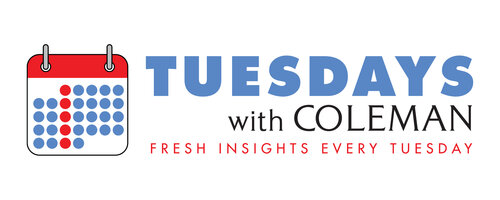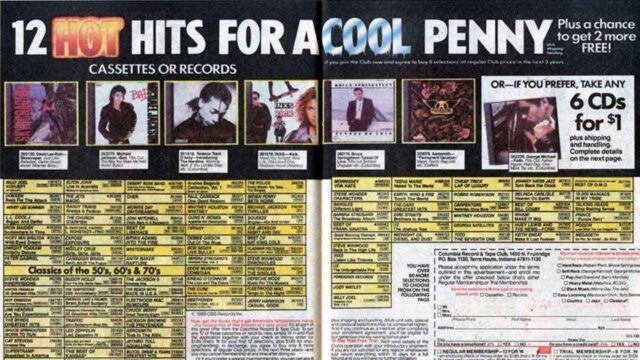
We hear lots of memorable expressions in our client meetings. Most are axioms about how things work in radio programming. And many of them are dead wrong! “But it tests” is a perennial favorite, an argument for playing a song that is completely un-strategic because somebody put it in a music test—and just our luck, it came back strong. Look…you can test “Gangnam Style” all you like, and no matter how well it scores, I promise it doesn’t belong on your Rock station. “But it tests”—doesn’t that mean our audience loves it and we should play it? Yes, they love it, but no, it does not mean that you should play it.

Hey! Let’s put songs in our music test that make no strategic sense just to see if they test! (Photo credit: Debby Wong/Shutterstock)
The faulty expression I want to discuss today is: “They tried that, and it won’t work!” This phrase is usually the reaction to the proposal of a format that may have been tried in the market in the past—often with modest commitment and no marketing— that resulted in a quick “failure.” Relying upon this argument to reject further exploration of an idea has several flaws. First, it assumes that consumer tastes never change. Just because nobody wanted an 80s station in the 1990s does not mean it won’t work today. Second, it assumes the market never changes. What if there were already two or three players in the 80s arena back then, but now there aren’t?
Third, the “they tried that, and it won’t work!” argument assumes that the previous attempt was well-executed. We don’t really know whether the last endeavor was well marketed, described appropriately to the audience, or played the right music. All we know is somebody tried it, and it failed.
This flawed logic applies to both format positions—and station names. Sorry, nobody remembers that there was once a station called “Mix” in this market (except a few insiders/nerds in our building). Just because there was a station called Mix in 2006 that eventually changed formats does not mean that name is a bad idea for your new variety station.
Think about all the great products that we would never have if a failed attempt in the past scared off a company ready to try again. Thomas Edison had thousands of successful inventions, and quite a few “failures”. One of the most notable was called “The Home Delivery Service” designed to deliver music and other entertainment to your house. In the 1920s, this club mailed subscribers 20 sample records each month and gave them a few days to order what they wanted.
Sound familiar?
It “didn’t work” back then, but it certainly did years later for Columbia House, Netflix and others.

Columbia House was a membership subscription program that delivered music to your house after hooking you with an introductory offer.
Similar stories could be told about the early space program, the airplane, the microwave oven, the smartphone and so many other successes. History is littered with ideas that failed at first and then became wildly successful with improved execution.
Don’t believe it when someone tells you that something won’t work in your market. Just because a format “failed” in the past, don’t be so sure it won’t work today.

Great piece, Sam. We were once hired by a struggling AC in Phoenix and the response to every recommendation we made was “we tried that, and it didn’t work.” They actually HAD tried all the right things – but never executed them well nor at the same time. When we finally got them to try once more – just well and coordinated – they rose to #1 in the market.